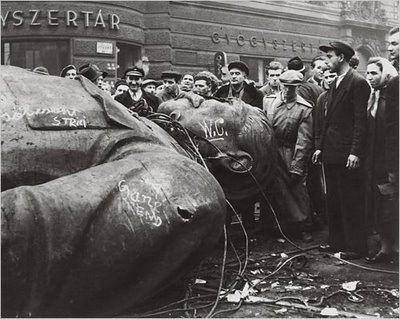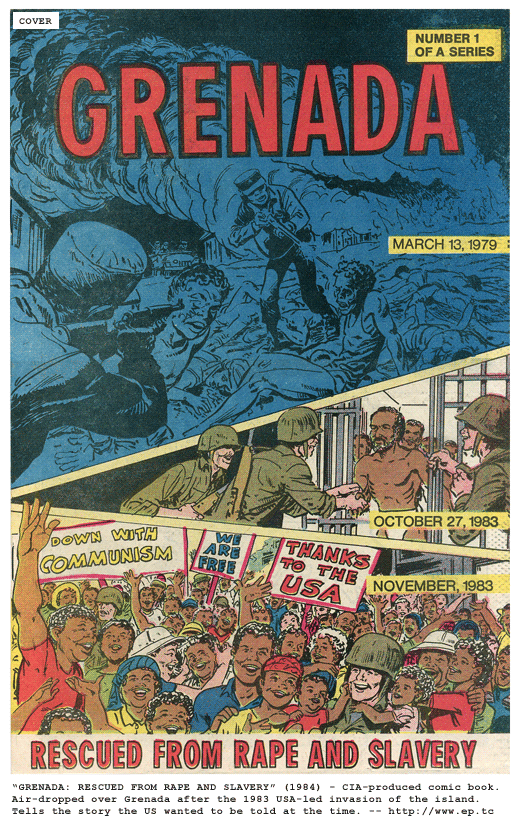I'm reading Farm to Factory, and also Rethinking Cognitive Neuroscience: a Meta-meta Analysis by William uttal.
[account deactivated]
Sure. Both of these are on PubMed:
HURWITZ J, WEISSBACH A, HORECKER BL, SMYRNIOTIS PZ (1956). "Spinach phosphoribulokinase". J. Biol. Chem. 218 (2): 769–83
JAKOBY WB, BRUMMOND DO, OCHOA S (1956). "Formation of 3-phosphoglyceric acid by carbon dioxide fixation with spinach leaf enzymes". J. Biol. Chem. 218 (2): 811–22
HURWITZ J, WEISSBACH A, HORECKER BL, SMYRNIOTIS PZ (1956). "Spinach phosphoribulokinase". J. Biol. Chem. 218 (2): 769–83
JAKOBY WB, BRUMMOND DO, OCHOA S (1956). "Formation of 3-phosphoglyceric acid by carbon dioxide fixation with spinach leaf enzymes". J. Biol. Chem. 218 (2): 811–22
[account deactivated]
[account deactivated]
[account deactivated]
PKK for Dummies by Colton Burpo
[account deactivated]
Dangnabbit tPaine you beat me
conec posted:LOL~!!!!!!!!!!!!!!
tom made fun of me for a cheesy joke the other day too... People are turning on me.
[account deactivated]
[account deactivated]
tpaine posted:thank you for reminding me of colton and todd burpo though geftringle
he saw Jesus on a horse and they made it into a dang movie
I told someone to be "Ray Charles to the bullshit" today (I said a wise woman taught me this)
[account deactivated]
[account deactivated]
[account deactivated]
[account deactivated]
[account deactivated]
I bought a bunch of books by Freud today at a used bookstore because they were 70% off. Then at the counter he said they came to $54 including tax and I was like crap. I have been careful with money though so I think I'll be okay.
[account deactivated]
[account deactivated]
tpaine posted:so they were like...a million dollars before discount? i'm not good with numbers
The official Freud editions are normally a rip off because they charge like $20 a book and most of the books are like 100 pages of Freud talking about how like Freud thinks gay people are perverts or whatever. But at $6 each they are more worth it so yeah. I also got a Karl Marx biography.
[account deactivated]
[account deactivated]
[account deactivated]
[account deactivated]
i don't read anymore life is too short. give me star trek reruns and Monocle magazine. gotta keep churning dem crystal reports out
[account deactivated]

[account deactivated]
[account deactivated]
conec posted:

ugh, trigger warning this stuff please
Can I get some recc's on stuff about Algeria or decolonization in general, please & thanks.
[account deactivated]
[account deactivated]
thank you conec
Finished recently Napoleon and His Collaborators: The Making of a Dictatorship by Isser Woloch. It was a fair read, though the author seemed to be lacking in "theory" when approaching the subject. The book provided some striking material about the regime's internal debates about issues such as freedom of expression (though not about religious liberty, curiously enough), the right to trial by jury, or the appropriate uses of preventive detention. And it was interesting to learn more about figures like the mathematician Lazare Carnot, a principled republican and former member of the Committee of Public Safety who was, nevertheless, was a minister of war during consulate, and, after, having resigned in protest from all government positions following the proclamation of the Empire, exited his extended political retirement to rally around Napoleon during the war of the 6th coalition, and then again during the 100 days.
This (somewhat editorializing) contemporary anecdote about Cambaceres made me smile,btw:
"The only two people who succeeded in mitigating Bonaparte's angers were Cambaceres and Josephine. The former never attempted to confront or contradict that impetuous character directly. That would have only pushed him to greater violence. Rather, he gave his fury a chance to develop fully, he gave him time to dictate the most iniquitous decrees; he prudently waited for the moment when that temper had spent itself without constraint to then offer some reflections. And if he did not always succeed in getting the measure in question revoked, he frequently managed to soften it."
As far as criticisms of the book I would make:
1. The author presumes French expansionism (and, more specifically, the personal ambitions of Buonaparte) to be the main motor of the European conflicts of this period, and goes on to make an analogy comparing the situation of Napoleon's inner circle to that of Johnson's advisers, trapped in an echo chamber of their own making as America slid ever further into Vietnam. This ignores, however, that France's foes were powerful empires in their own right that were practically its next door neighbors, not far off and impoverished South East Asian countries. Further, it edits out the culpability of said empires for continuing the cycle of war. Britain's efforts to undermine the Treaty of Amins; the involvement of English spies and money with reactionary plots all across the continent; the rejections of French offers of peace by London following the death of Charles Fox; the repeated intransigence of the Austrians; Russia's violation of the Treaty of Tilsit and bellicose paranoia about even the possibility of a revival of Poland -all this is conveniently forgotten about for the sake of a facile comparison.
(If Woloch wanted to make Vietnam analogies, he could have talked more about discussions within Napoleon's supporters leading up to and following the abomination that was the invasion of Haiti-but I am unable to find even a passing mention of that episode in the entire book)
2. The author presents Napoleon's downfall as resulting from an unwillingness to be more cooperative with liberal French elites and legislative forms in 1813-1814 and 1815. But the narrative he tells points to the opposite conclusion. By refusing to entrust himself to the rural and urban masses on both those occasions in a war of national defence, he became too dependent on a narrow set of wealthy and well heeled interests that were not going to fight to the death against an Allied invasion, and were more than willing to sell him and the country as a whole out when push came to shove.
3. The "Collaborators" that are examined here are French citizens operating mainly in Paris. The book does not include an examination of any notable German, Italian, Polish, etc subjects who worked with the Empire. No Poniatowskis or Giuseppe Zurlos
4. Not much information of how the final form of the Civil Code came to be, despite it status as one of the major achievements of the brumairians
This (somewhat editorializing) contemporary anecdote about Cambaceres made me smile,btw:
"The only two people who succeeded in mitigating Bonaparte's angers were Cambaceres and Josephine. The former never attempted to confront or contradict that impetuous character directly. That would have only pushed him to greater violence. Rather, he gave his fury a chance to develop fully, he gave him time to dictate the most iniquitous decrees; he prudently waited for the moment when that temper had spent itself without constraint to then offer some reflections. And if he did not always succeed in getting the measure in question revoked, he frequently managed to soften it."
As far as criticisms of the book I would make:
1. The author presumes French expansionism (and, more specifically, the personal ambitions of Buonaparte) to be the main motor of the European conflicts of this period, and goes on to make an analogy comparing the situation of Napoleon's inner circle to that of Johnson's advisers, trapped in an echo chamber of their own making as America slid ever further into Vietnam. This ignores, however, that France's foes were powerful empires in their own right that were practically its next door neighbors, not far off and impoverished South East Asian countries. Further, it edits out the culpability of said empires for continuing the cycle of war. Britain's efforts to undermine the Treaty of Amins; the involvement of English spies and money with reactionary plots all across the continent; the rejections of French offers of peace by London following the death of Charles Fox; the repeated intransigence of the Austrians; Russia's violation of the Treaty of Tilsit and bellicose paranoia about even the possibility of a revival of Poland -all this is conveniently forgotten about for the sake of a facile comparison.
(If Woloch wanted to make Vietnam analogies, he could have talked more about discussions within Napoleon's supporters leading up to and following the abomination that was the invasion of Haiti-but I am unable to find even a passing mention of that episode in the entire book)
2. The author presents Napoleon's downfall as resulting from an unwillingness to be more cooperative with liberal French elites and legislative forms in 1813-1814 and 1815. But the narrative he tells points to the opposite conclusion. By refusing to entrust himself to the rural and urban masses on both those occasions in a war of national defence, he became too dependent on a narrow set of wealthy and well heeled interests that were not going to fight to the death against an Allied invasion, and were more than willing to sell him and the country as a whole out when push came to shove.
3. The "Collaborators" that are examined here are French citizens operating mainly in Paris. The book does not include an examination of any notable German, Italian, Polish, etc subjects who worked with the Empire. No Poniatowskis or Giuseppe Zurlos
4. Not much information of how the final form of the Civil Code came to be, despite it status as one of the major achievements of the brumairians
Edited by RedMaistre ()
